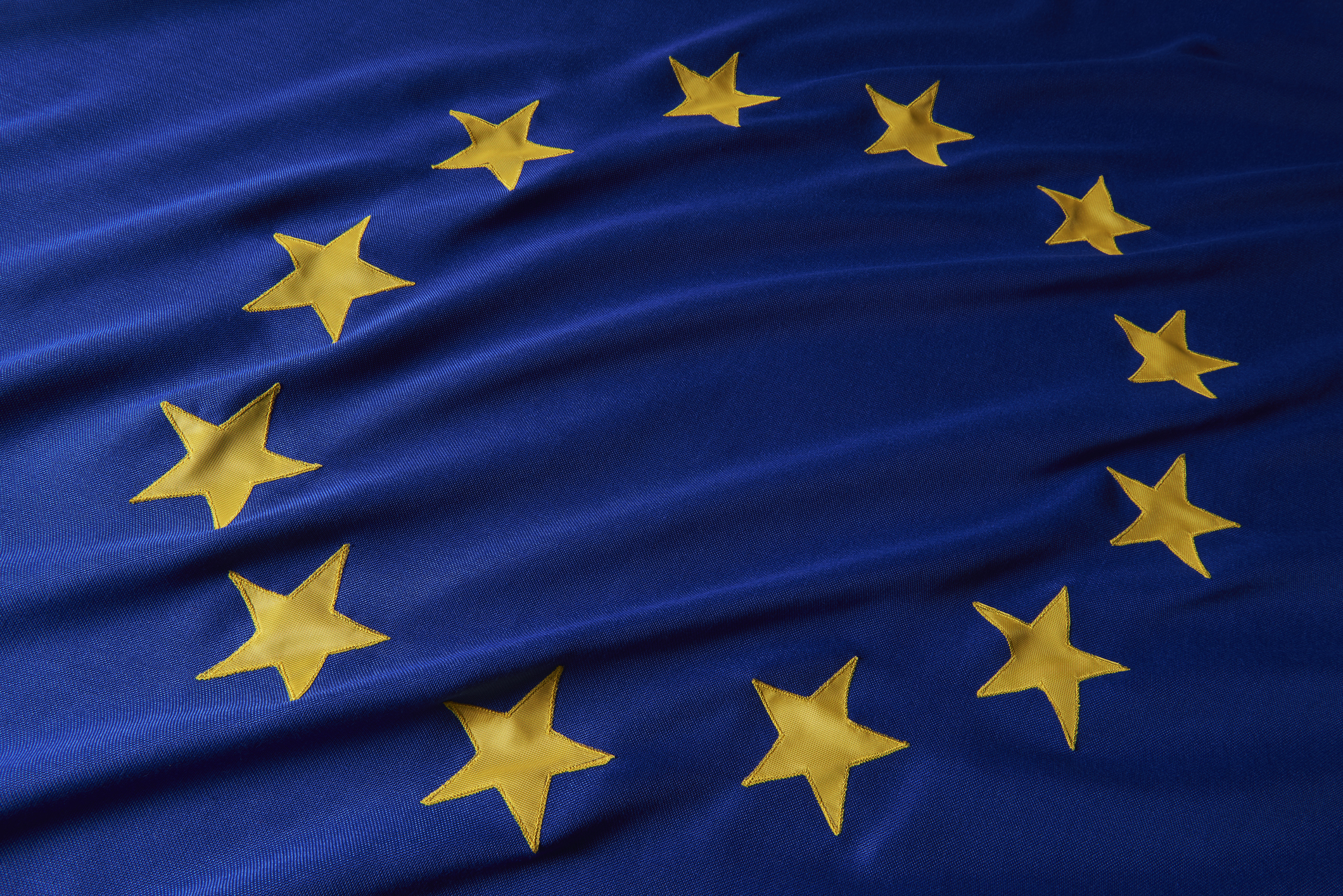Defending Europe against cyber attack
How ENISA helps EU member states with national cyber defences, as well as securing European-wide business networks.

One of the European Commission's jobs for ENISA was to see whether it was feasible to collect data from all around Europe in a consistent way. After almost 100 different data collection initiatives using more than a dozen different indicators, ENISA said that it could not be done unless there was coordination between existing data collection initiatives.
"You have to agree about certain terminologies and indicators for the different sectors to explore," De Bruin said. "This is not a trivial exercise."
ENISA concluded that a consistent European-wide data collection was possible in theory, but in practice would be extremely difficult. It decided that making Europe more aware of the problems, risks, vulnerabilities and coming trends was more important.
"Rather than having to keep looking at the rear view mirror, we need to have a forward looking and prospective orientation," said De Bruin.
ENISA's three year programme
ENISA created a three year programme to develop trust and confidence with decision makers - who were not necessarily that well informed about risks and vulnerabilities - and provide them with a better insight which would allow them to make better decisions.
De Bruin said: "The goal of the programme is that after three years we have at least fifteen of the member states that refer to ENISA as their point of reference."
Get the ITPro daily newsletter
Sign up today and you will receive a free copy of our Future Focus 2025 report - the leading guidance on AI, cybersecurity and other IT challenges as per 700+ senior executives
To do this, ENISA started rolling a programme of producing risk assessment papers on different security topics. It isn't just ENISA employees who work on the research - experts were employed to explore the risks.
Protecting European small businesses
Another of ENISA's jobs was to look after European business IT supporting small and medium businesses in coping with information security risks and therefore become more competitive
"I believe this is an important task," said Andrea Pirotti, executive director of ENISA, at its network and information security summer school held in Greece. "Small and medium enterprises have don't have resources, financial personnel or culture to manage these issues.
He added: "Almost 90 per cent of our commercial activities in Europe are based on small and medium enterprises."
ENISA has worked particularly with small micro-businesses consisting of one to nine employees. Many of these SMEs were aware of the security problems from news sources, but there wasn't any means for them to solve them - as well as a lack of resources to invest.
De Bruin said: "Those SMEs should be actively offered ready to use solutions to help them forward, and we believe that an EU wide network to deliver such tools should be developed."
"We're working together with industry associations and working groups to define what the actual needs are and what initiatives they can benefit from."
-
 Should AI PCs be part of your next hardware refresh?
Should AI PCs be part of your next hardware refresh?AI PCs are fast becoming a business staple and a surefire way to future-proof your business
By Bobby Hellard Published
-
 Westcon-Comstor and Vectra AI launch brace of new channel initiatives
Westcon-Comstor and Vectra AI launch brace of new channel initiativesNews Westcon-Comstor and Vectra AI have announced the launch of two new channel growth initiatives focused on the managed security service provider (MSSP) space and AWS Marketplace.
By Daniel Todd Published
-
 ‘Europe could do it, but it's chosen not to do it’: Eric Schmidt thinks EU regulation will stifle AI innovation – but Britain has a huge opportunity
‘Europe could do it, but it's chosen not to do it’: Eric Schmidt thinks EU regulation will stifle AI innovation – but Britain has a huge opportunityNews Former Google CEO Eric Schmidt believes EU AI regulation is hampering innovation in the region and placing enterprises at a disadvantage.
By Ross Kelly Published
-
 The EU just shelved its AI liability directive
The EU just shelved its AI liability directiveNews The European Commission has scrapped plans to introduce the AI Liability Directive aimed at protecting consumers from harmful AI systems.
By Ross Kelly Published
-
 A big enforcement deadline for the EU AI Act just passed – here's what you need to know
A big enforcement deadline for the EU AI Act just passed – here's what you need to knowNews The first set of compliance deadlines for the EU AI Act passed on the 2nd of February, and enterprises are urged to ramp up preparations for future deadlines.
By George Fitzmaurice Last updated
-
 EU agrees amendments to Cyber Solidarity Act in bid to create ‘cyber shield’ for member states
EU agrees amendments to Cyber Solidarity Act in bid to create ‘cyber shield’ for member statesNews The EU’s Cyber Solidarity Act will provide new mechanisms for authorities to bolster union-wide security practices
By Emma Woollacott Published
-
 The EU's 'long-arm' regulatory approach could create frosty US environment for European tech firms
The EU's 'long-arm' regulatory approach could create frosty US environment for European tech firmsAnalysis US tech firms are throwing their toys out of the pram over the EU’s Digital Markets Act, but will this come back to bite European companies?
By Solomon Klappholz Published
-
 EU AI Act risks collapse if consensus not reached, experts warn
EU AI Act risks collapse if consensus not reached, experts warnAnalysis Industry stakeholders have warned the EU AI Act could stifle innovation ahead of a crunch decision
By Ross Kelly Published
-
 Three quarters of UK firms unprepared for NIS2 regulations, study finds
Three quarters of UK firms unprepared for NIS2 regulations, study findsNews Senior management can be held personally liable for non-compliance under NIS2 rules
By Ross Kelly Published
-
 US-UK data bridge: Everything you need to know
US-UK data bridge: Everything you need to knowNews The US-UK data bridge will ease the complexity of transatlantic data transfers
By Ross Kelly Published